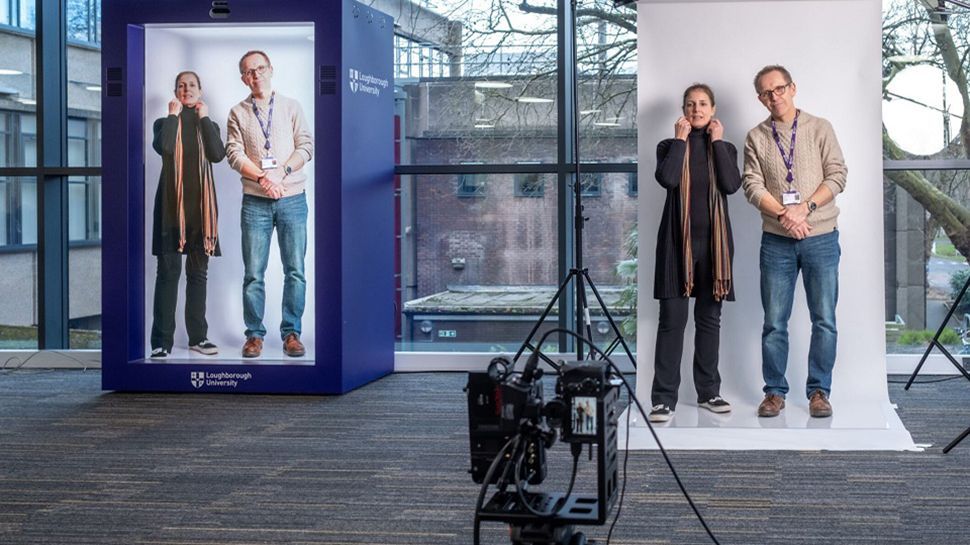It used to be that when pop stars died or retired from performing, they could no longer be seen live, but holographic technology has changed all that.
A growing number of deceased celebrities, from Tupac to Elvis, have been brought back to life in hologram form, and technology companies may also be set to liven up the education sector.
Loughborough University in the UK is a pioneer in the use of holographic technology and plans to introduce holograms of renowned scientists, such as the late Stephen Hawking, into the curriculum by 2025.
AI Stephen Hawking
This revolutionary approach aims to engage students more effectively than traditional 2D presentations or video calls.
The university has been exploring the use of holography in various fields, from sports science to fashion and technology, provided by Los Angeles-based firm Proto, it allows for a more immersive and interactive learning experience.
Proto founder David Nussbaum explained that the technology could resurrect some of the most important thinkers of the 20th century in a realistic and engaging way.
He told The Guardian: “Proto has the technology to project an image of Stephen Hawking, or anyone, and make it look like he's really there. We can connect him to books, lectures, social media, anything he was attached to, any question, any interaction with him. An AI Stephen Hawking would look like him, sound like him, and interact as if he were him. It's impressive, amazing, I've been amazed at how amazing the interactions are. “AI is part of our lives, whether people like it or not.”
Although there are legal hurdles to overcome, the technology's artificial intelligence capabilities could create avatars that look like any person in the world (living or dead), potentially ushering in a new era of immersive learning.
Nussbaum's vision extends beyond educational institutions, with plans to introduce smaller, more affordable units for home use in the next 18 months. These units, priced under $1,000, will project a stripped-down image that Nussbaum compares to Roald Dahl's “Wonkavision.” Charlie and the Chocolate Factory.








